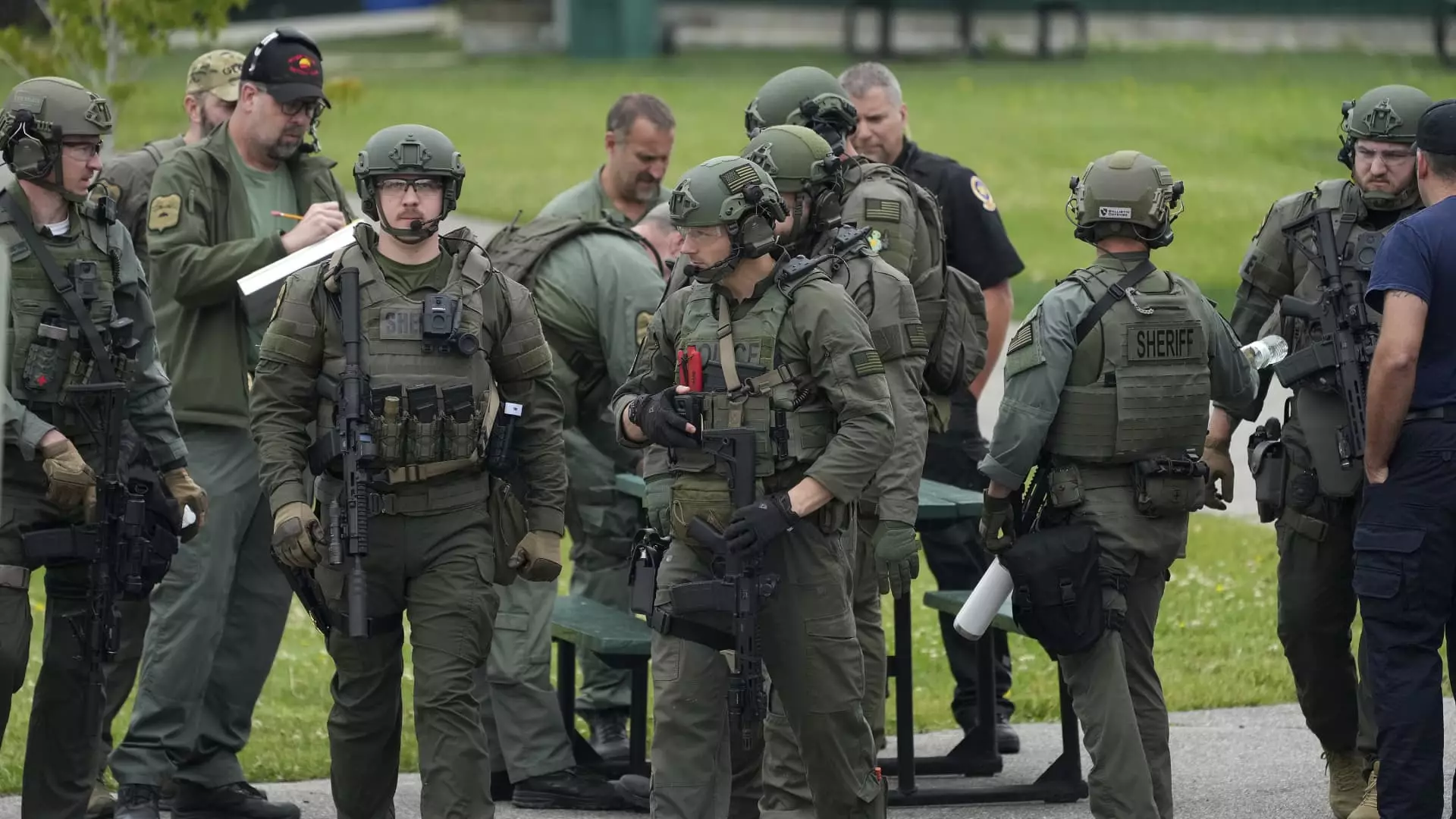The brutal assassination of Minnesota state Rep. Melissa Hortman and her husband, Mark, underscores a shocking reality that many have chosen to overlook: our political discourse has reached a boiling point. The targeting of elected officials, particularly ones like Hortman, a figure of integrity and bipartisan respect, sets a terrifying precedent. Political figures must not only navigate the complexities of governance but are now compelled to confront violent extremism that threatens their lives and their families. The fact that a gunman, Vance Luther Boelter, not only took lives but also targeted others indicates an alarming shift in how political differences are expressed.
The Role of Political Rhetoric
This incident magnifies the role that inflammatory rhetoric plays in the current political environment. When political leaders engage in demagoguery, whether through contemptuous speech or dangerous conspiracy theories, they contribute to a culture where violence can be seen as a viable option. Elected officials should be well aware that words have power; they shape public sentiment and can incite dangerous reactions from volatile individuals. The commentary from leaders like Senator Amy Klobuchar shows a growing concern among lawmakers about the consequences of this toxic rhetoric. However, simply decrying violence is insufficient when systemic issues provoke it.
The Importance of Unity in Addressing Violence
As we collectively mourn the loss of Hortman, it becomes vital to foster an environment that prioritizes political unity over division. Statements of sympathy, including from Gov. Tim Walz and President Trump, are commendable but must evolve into action that targets the root of increased political violence. Bipartisan efforts that seek to de-escalate tensions among differing political factions could pave the way towards restoring a sense of safety for public servants and the electorate alike. After all, no ideology justifies murder, and it is time that elected officials confront this issue with the urgency it deserves.
The Threat Is Not Just Individual
This case is more than a tragic anecdote; it represents a systemic failure that places all Americans at risk. When a list of potential targets exists, it signifies an organized mindset that should alarm every citizen. The chilling reality is that the threat transcends individual acts; it reflects a broader societal issue where political violence is becoming alarmingly normalized. The FBI’s offer of a $50,000 reward for information about Boelter indicates a heightened state of urgency from law enforcement, but it should also serve as a clarion call for comprehensive action against this rising tide of extremism.
A Call for Responsible Leadership
Elected officials must lead by example. It’s imperative that leaders create an environment where dialogue, rather than violent retribution, becomes the standard It is up to lawmakers to foster a culture that prioritizes respect and open communication over hostility. Making a commitment to restore civility in politics is not just noble; it is a requisite for survival. As Minnesota grapples with this painful chapter, the rest of the nation should pay heed to the lessons emerging from this tragedy. The path forward requires courage, integrity, and the collective will to snuff out the embers of extremism before they ignite once more.


Leave a Reply